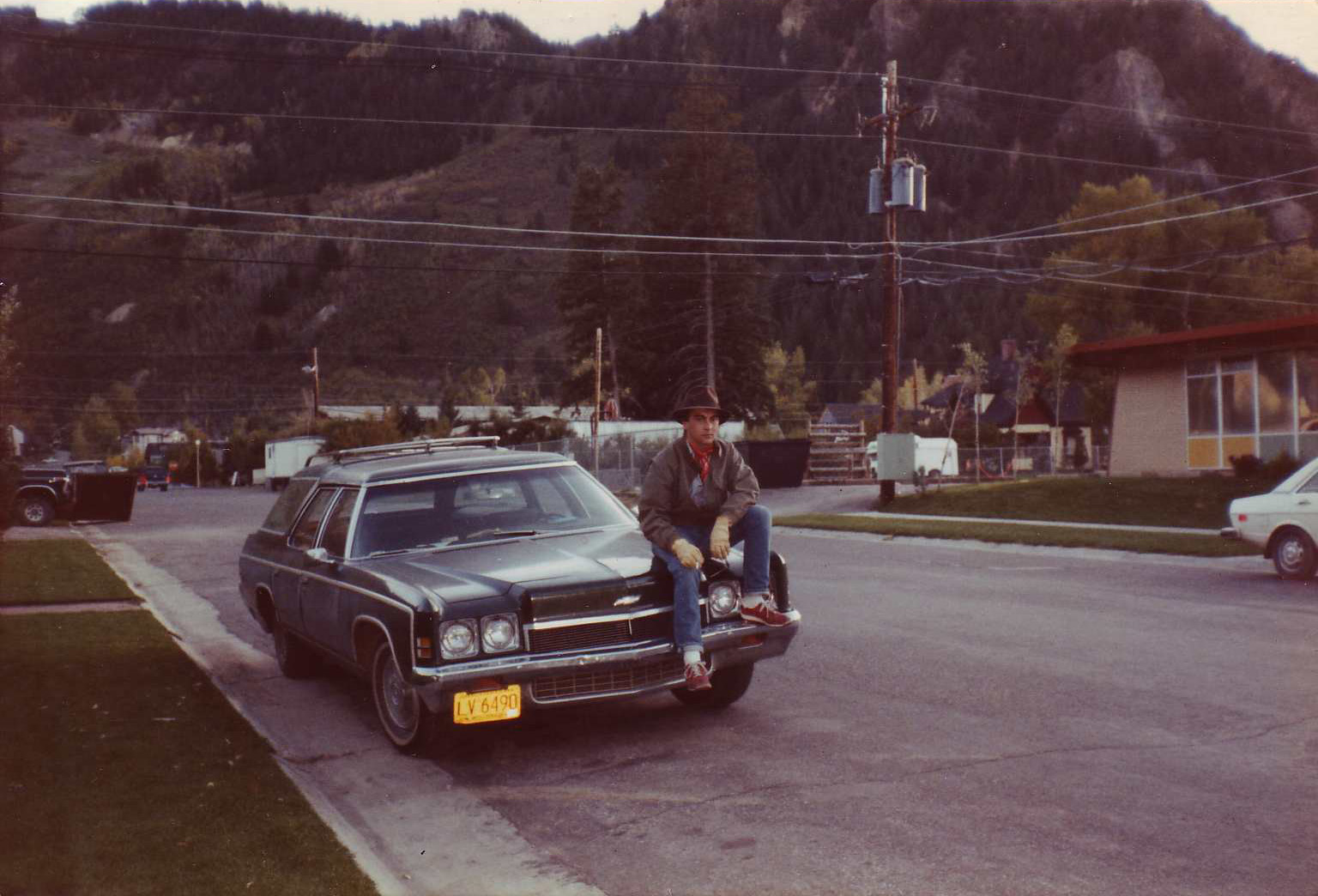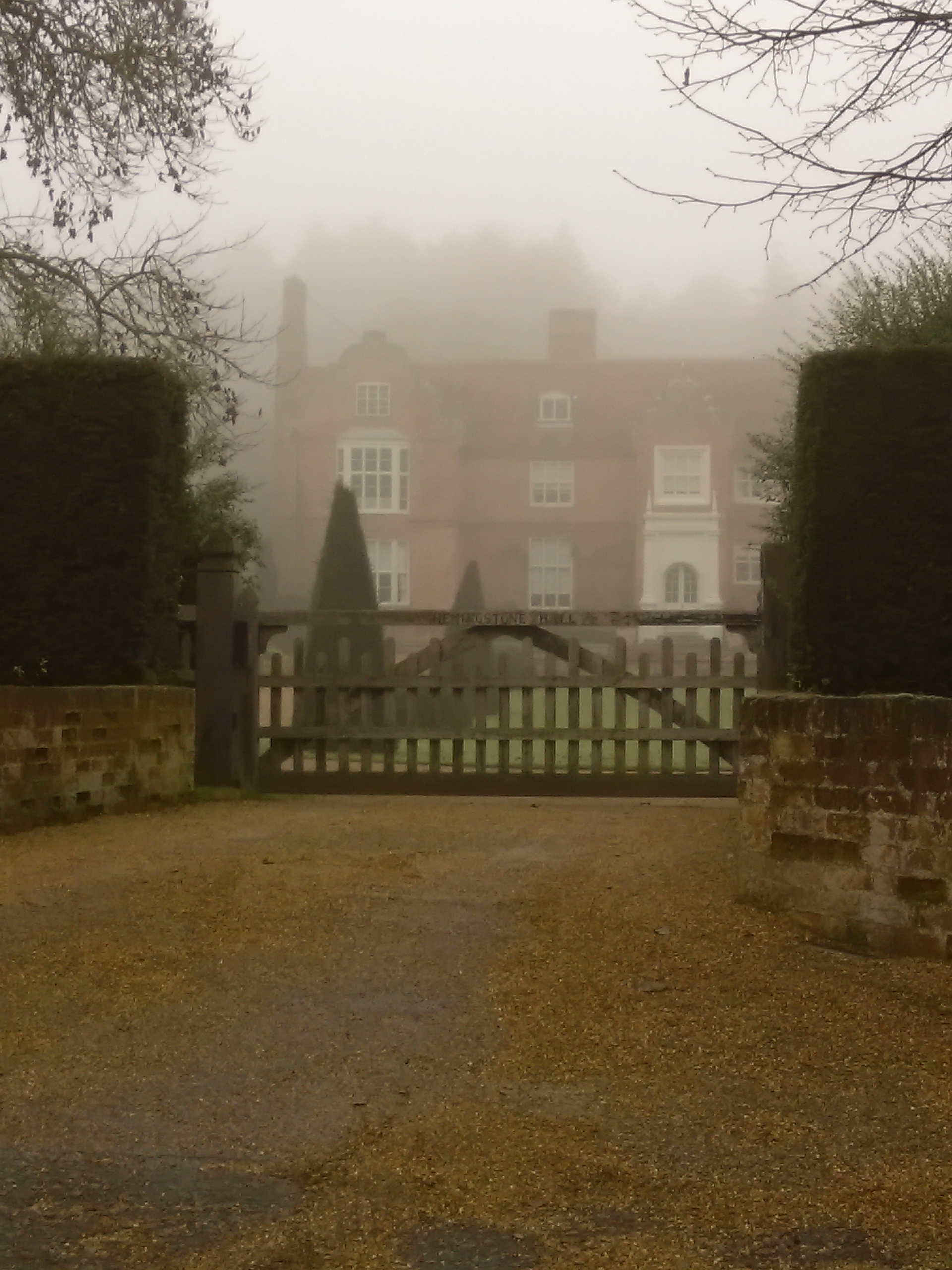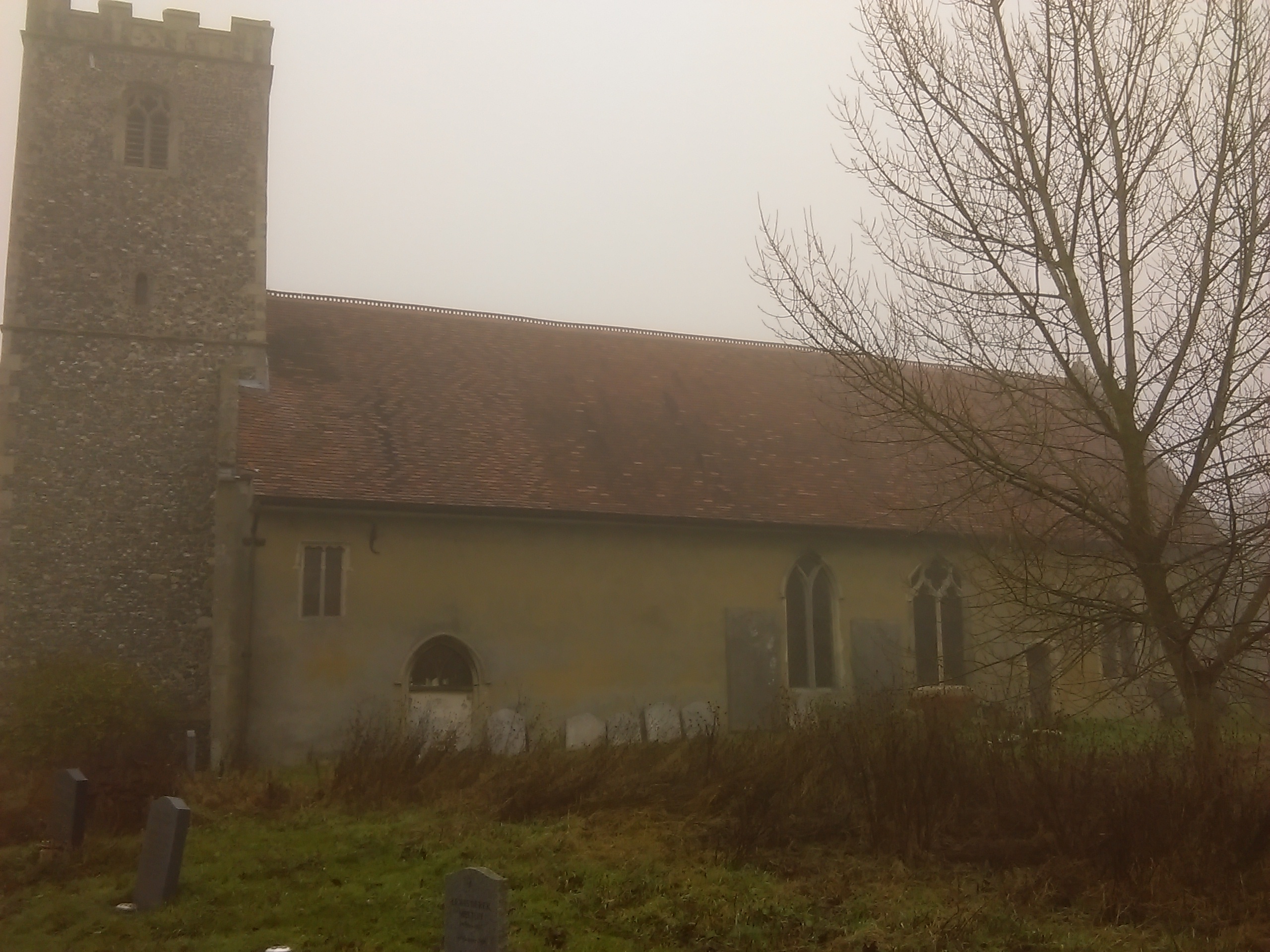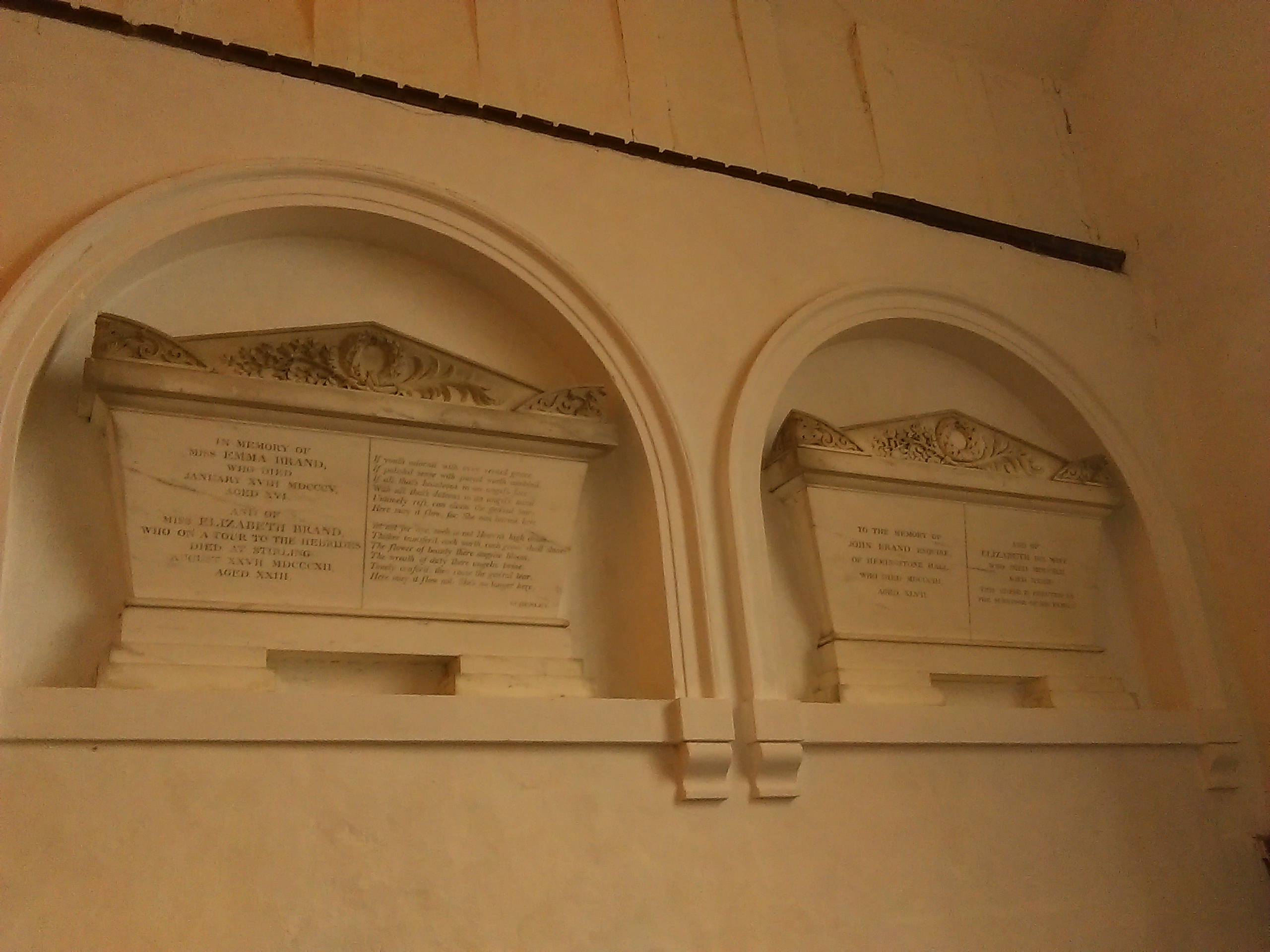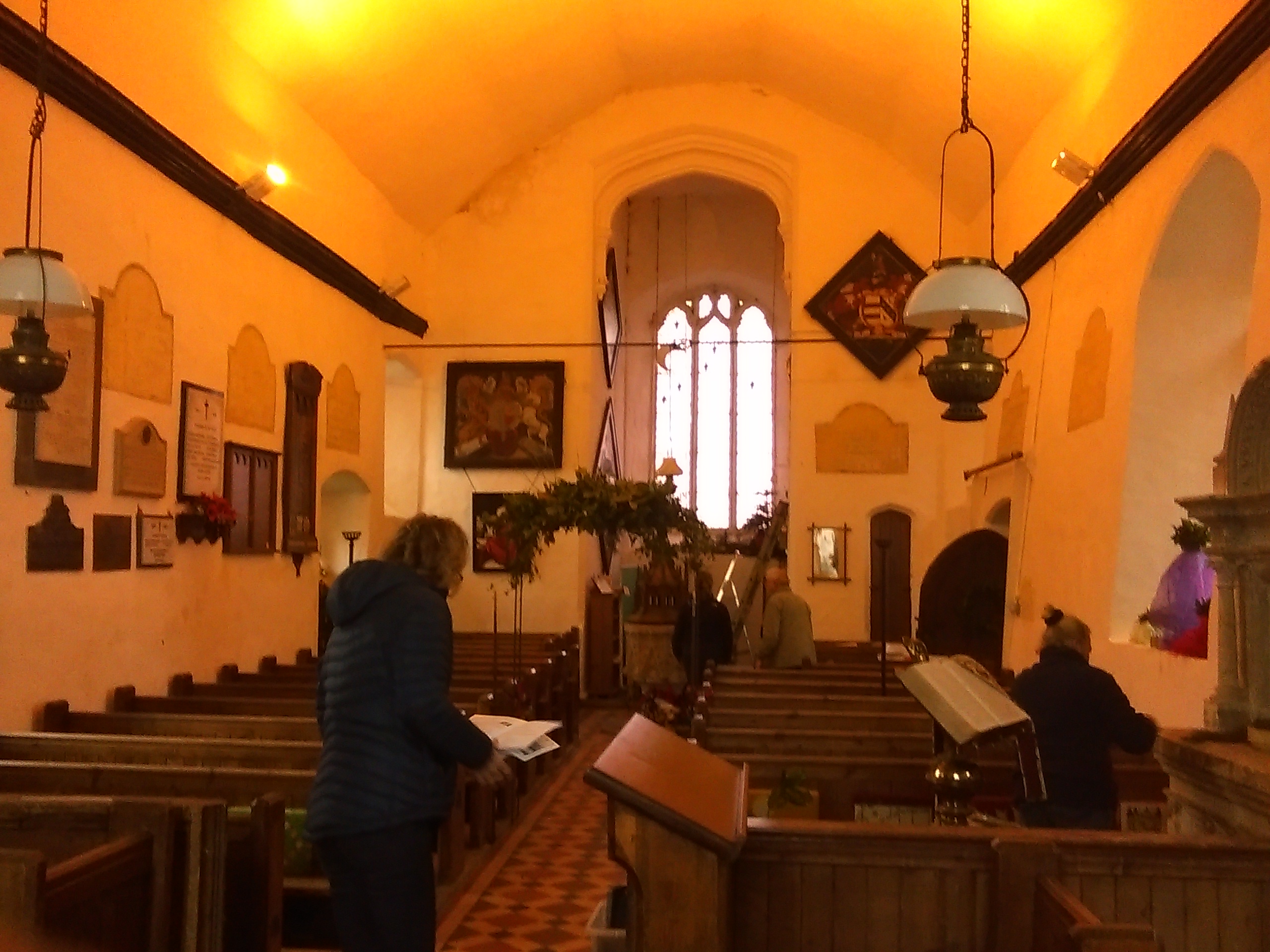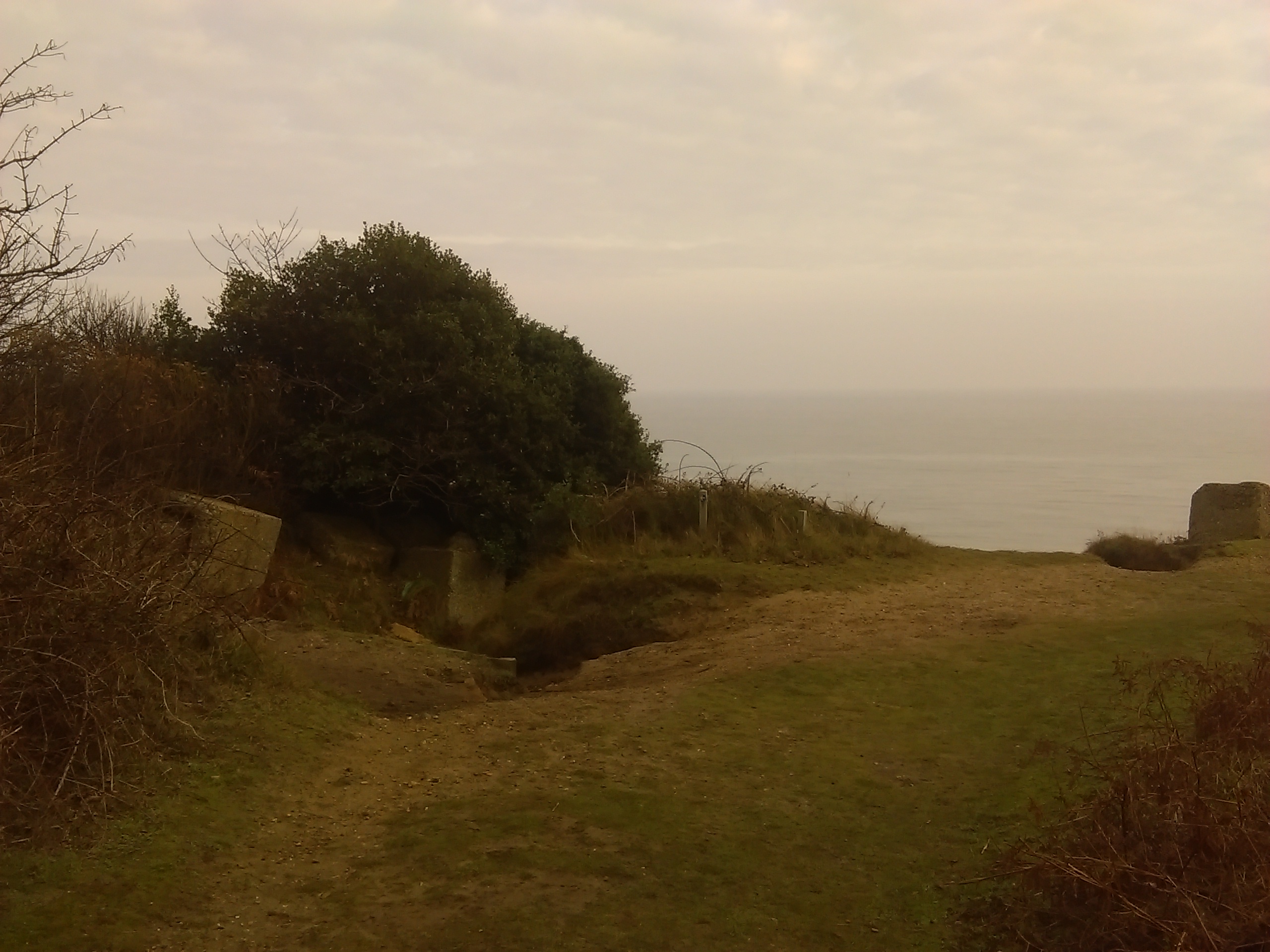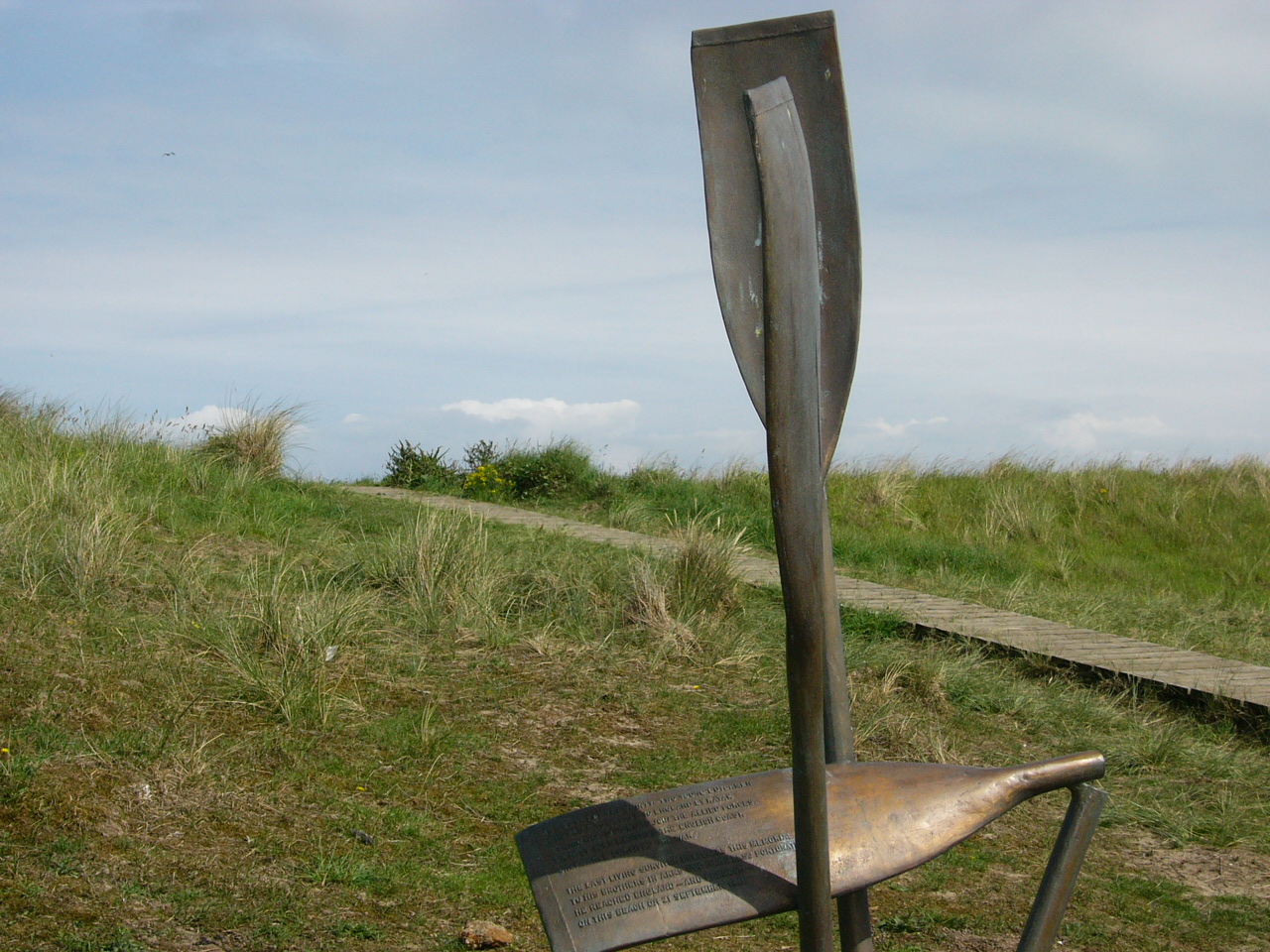Seemings, certainly, although this odd little episode had its share of hopes, false or otherwise, as well.
Once upon a time in a land long ago, or Dorset when I was younger as I prefer to call it, my oldest friend bought an old schoolhouse. It wasn’t just any old schoolhouse, but Thomas Hardy’s sister’s one, in a tiny village near Sherbourne. I lived in London at the time, but I’d drive down fairly often for a taste of green fields and the things I’d never really left behind.
The Gleaners

She had a picture hanging up behind the kitchen door, under the stairs. I always wondered why it was there where nobody could see it, but my friend did things her way and it was after all her house and her picture. I thought so, anyway. I knew where it was any time I wanted to look at it.
I thought about it a lot over the years. It seemed to sum up something of the life I didn’t have, the one that thankfully most people don’t. The gleaners were looking for grains of corn or wheat, anything left over from the harvest. Because they were dirt poor. Life was not fun, nor easy. But hey, let’s talk about the pictures.
I discovered that there was another painting by Millett (presumably before he sold chepa camping gear) the year before, in 1857; The Angelus, one that always struck me as plaintive and sad, as if even while praying their crops would grow, this pair of peasant farmers lived with the knowledge that they might well not. This was real life for most people 150 years ago; it’s up to us if we chose this to be the way of things again.
The Angelus

I was thinking about both paintings a lot recently; namely how much I missed that house and how if I could find a copy of either of them I’d buy it, if the price was ok and if I could find either one, which didn’t look likely these days. Apart from anything, they’re pretty huge and in a style I haven’t seen anywhere for years.
And then I did at the local auction. I left a bid of £10 on them and much to my surprise it won. I collected themn and cleaned the frames and the glass and stripped off the binder twine used to hang them and the silver paper used to back them and hung them. I rang my friend, who was a bit bemused when I told her I had a copy of the picture she used to have under her stairs. I sent her a picture of both of them, just in case my memory had confused which one she’d actually had.
She rang me back. She liked them. They were the kind of things that if she’d seen them she’d have bought, if they were that kind of price. But she hadn’t. She’d never seen either one. She’d never owned either of them. She’d never had them in the house. They never hung under her stairs or anywhere else. Except in every visit to that house in my mind.
Memory isn’t always true. But then, truth isn’t always memory, either.


